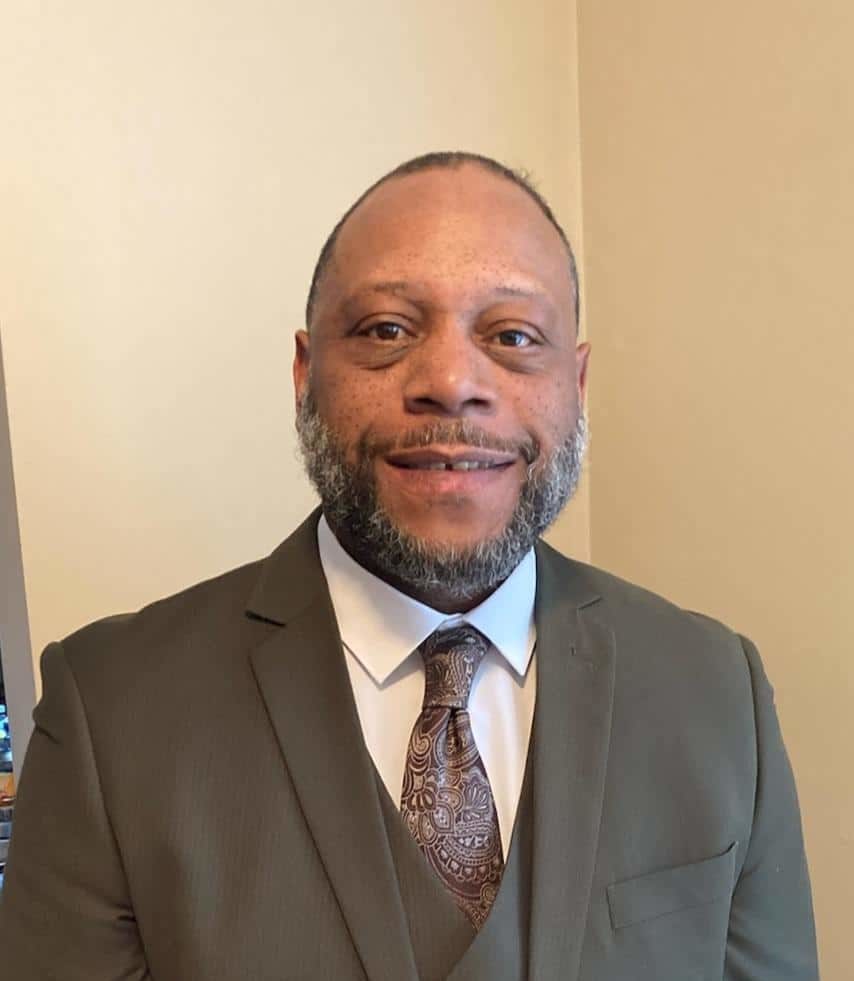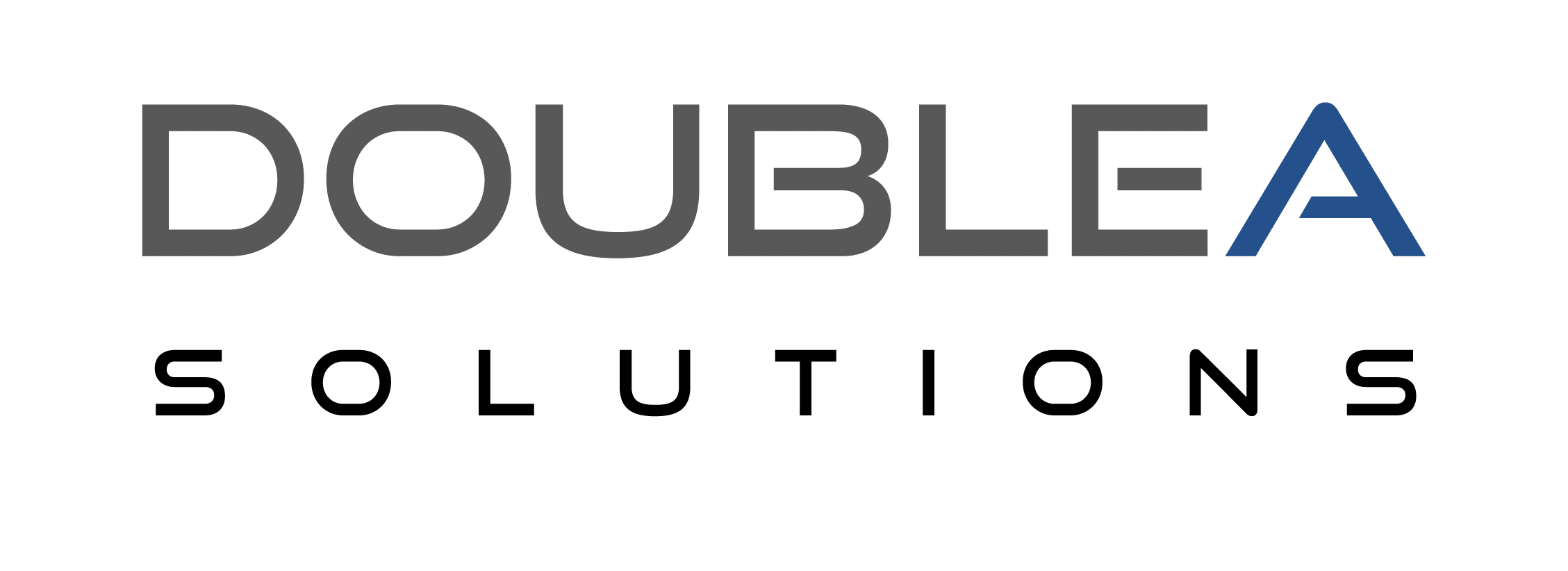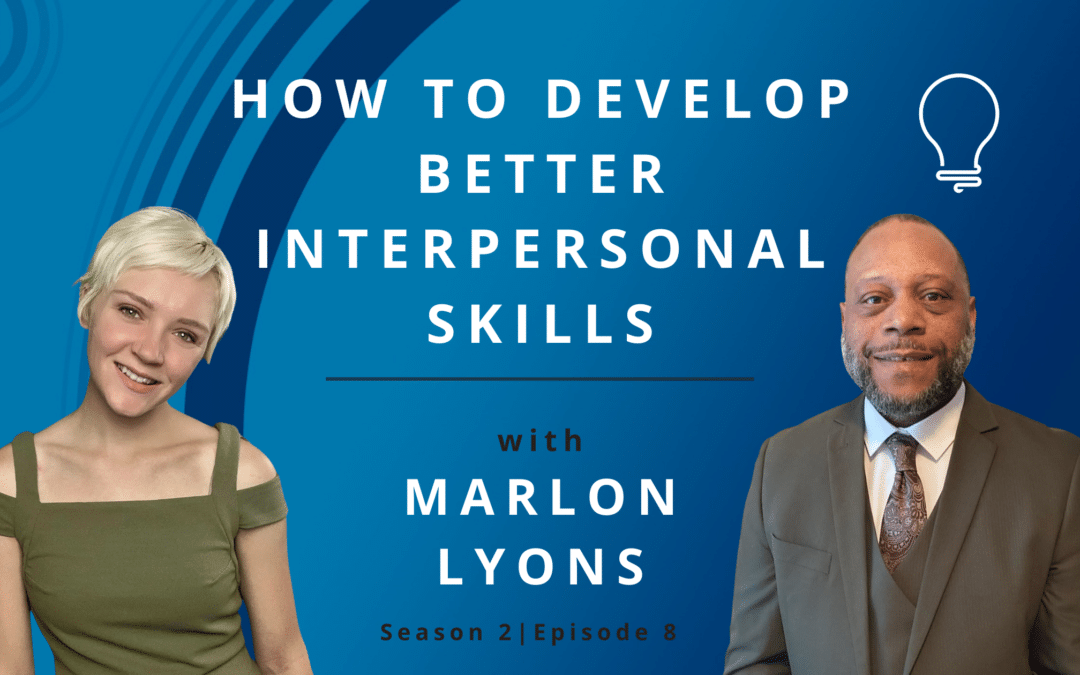In networking, team building, marketing, sales, and just about everything else you do, relationship-building is vital, but it can also be tricky. To be good at building the different complex relationships that make up your professional career takes work and understanding. This week we broke down what the key elements to do are.
Enjoy Listening To How To Have A Proper Work Life Balance on Everyday Business Solutions?
Click Here To Subscribe On Your Favorite Platform!
About Our Guest:

Marlon Lyons
Owner - I.C.Y Legacy Insurance Agency
Marlon Lyons leads his own Insurance Agency, I.C.Y. Legacy, and does business development and sales for Absolute Asset Protection in Detroit, Michigan. Marlon decided to go independent to give himself the flexibility to coach his employees and connect to his customers in a different way.
Currently, Marlon is building and developing his team. Instead of just teaching his team to sell insurance, he’s focusing instead on their individual strengths and areas of development. He’s then working with them to develop their soft skills, one of the biggest things being their ability to connect to other people.
Podcast Transcription
How to Actually Develop Interpersonal Skills
The way to actually develop great interpersonal skills is to first fine-tune the relationship you have with yourself.
No, really. The point of a great relationship is that it is mutually beneficial to both parties in some way or another. This means that what you bring to the table is largely important and I’m not talking about your wealth, knowledge, or any offerings you may bring.
I’m talking about you.
The very energy you bring to the table is important. If you’re frazzled, dissatisfied, or angry, but you try to be happy and productive in that relationship, then you’re being fake.
Maybe you don’t realize or intend for it, but people can read when the attitude you give off isn’t one you’re actually feeling. Sometimes they understand it subconsciously and maybe they don’t act on that, but it will have a destructive effect on that relationship because it is not genuine.
To build good relationships and truly develop great interpersonal skills, you have to take care of yourself first. This means making sure you have downtime and there is a clear separation of work and this downtime, where you can focus on the things that bring your satisfaction.
There’s a great book called “The Art of Doing Nothing: Simple Ways to Make Time for Yourself” that not only talks about how to meander when it’s appropriate (and make sure there’s time for it too), but why it’s important.
This is the basis for developing those skills and what Marlon and I were talking about it. More and more people are raising this issue in the limelight. Take them seriously. You have to care for yourself if you’re going to bring value to others.
That’s the other part of interpersonal skills. Once you have taken care of yourself, approach a new relationship with the mindset of what you can do for them. Don’t be selfish, because what you put out into the world is also what is drawn to you.
This doesn’t mean to help others without regard to yourself or without boundaries, but it means that you put heavy consideration is be beneficial to them where you can be.
Wall-Builders and Bridge-Builders
This is a metaphor that is mentioned heavily through my podcast episode with Marlon and it’s one I’m coming to love!
Wall-builders, as defined by Marlon, are people who build walls to protect what they see as valuable and the ways in which they believe things should be. The emphasis here is protection because ultimately they are working to maintain what they find valuable or dear and that is a very human thing to do.
The problem comes that walls block. They keep people in and they keep people out. The same way they can halt people, they can halt progress and growth.
However, Marlon says there are TWO types of people and the other type is the bridge-builders.
Bridge-builders are those who source their materials to build a bridge forward or a way of crossing an obstacle. Bridge-builders are the ones that pave the way for others, new ideas, and ultimately growth all around.
Bridge-builders are the type of person that we should strive to be to build working relationships and also the type of people we want to surround ourselves with to continue to develop ourselves.
How to Be a Bridge-Builder
Ideally, more individuals will work to become bridge-builders. Bridge builders are great at enabling others and helping them grow. They don’t necessarily have to be in leadership positions, but someone in a leadership position should be a bridge-builder or you’ve already limited that team’s potential.
To be a bridge-builder start by making sure that you have taken care of yourself, that you aren’t coming to your team stressed and overwhelmed. Even if you’re “handling it” that can bring tension to the work relationships you’re cultivating.
Next, make sure that your communication is refined and that you are listening to those around you. Your ideas may be great, but if no one else is interested it’s likely because they don’t feel connected to the idea and you’re likely to never see it come to fruition. So, know where your team stands and what is important to them.
Part of being a leader is learning the ability to understand others and prioritize the team, even over our personal opinions. Come to the relationship with the intent to see what you can do for the other person, again without creating undue strain on yourself.
Then you need to make sure that you are enabling their growth and what you are offering them is something beneficial to them. This can be coaching advice, financial advising, connecting them to other people, and, in the case of your career, offering them or a product or service.
The important part of being a bridge-builder is that you are enabling others to grow in their own way, whether that is a path you may not envision yourself. This means discussing their goals and helping them set realistic milestones in regard to them.

